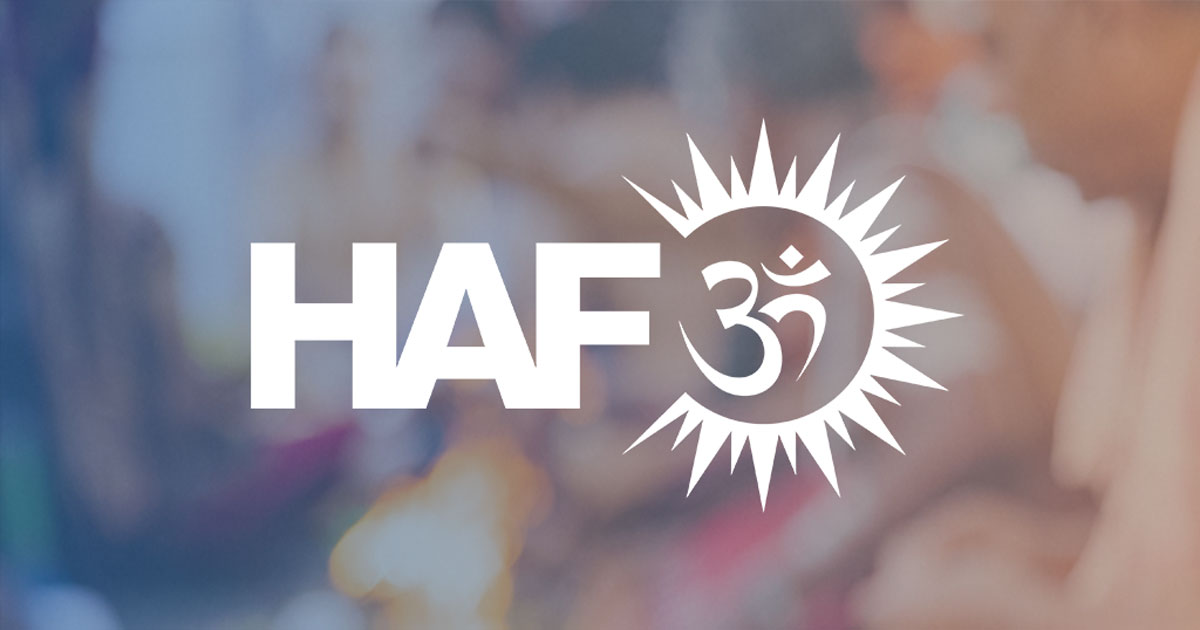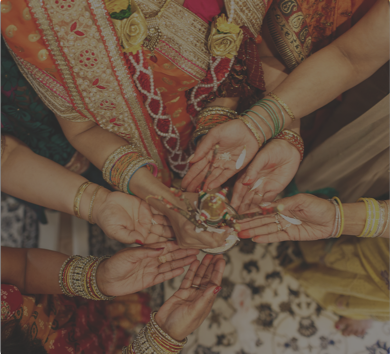
Did the Pentagon do the right thing by disinviting evangelist Franklin Graham from a National Day of Prayer event next week? Should government officials decide who can or cannot speak at such an event? Should the government even proclaim a National Day of Prayer? Was a federal judge right to rule it unconstitutional?
A National Day of Prayer (NDP) is yet another of our government’s platitudinous exercises on par with the National Day of Renewal and Reconciliation (has Congress thought about this yet?), National Equal Pay Day or Captive Nations Week (any different than Religious Freedom Day?). Newspapers run an op/ed, the President stops in, says a few more profound clichés, takes a few pictures and we move on to the next day.
But as trite as the NDP is conceptually, it was arguably an opportunity for substantive interfaith collaboration. There is power in hearing the plaintive words of collective prayer; prayer could celebrate the commonalities in divergent faiths.
NDP in practice, however, went very wrong during the Bush Administration. The event was egregiously hijacked by the eponymous task force under Shirley Dobson. The NDP became the National Day of Evangelical Christian Prayer, and a sacred trust was breached. When the Hindu American Foundation, for example, asked to join an NDP event in Florida in 2005, they were brusquely informed that the celebrations were for Judeo-Christian faiths only!
Franklin Graham, Pat Robertson, the Dobson’s–they are ideological bedfellows–given privileged positions during the previous administration are in the Presidential wilderness now. Their attacks on America’s pluralism have not ended; their Christian Nation shtick still sucks up air in our dialogue. Yes, the Bush II version of NDP was utterly unconstitutional and quite a day of embarrassment when that president threw some meat to his religious right vote bank.
President Obama can do much to repair the damage of NDP. He should sign a proclamation and recite some platitudes to the power of prayer. Then say a prayer of his own and move on to the next order of business. Celebrate Christmas and Easter with the Christians, Passover with the Jews, break fast with the Muslim and light a diya with a Hindu on Diwali, and commune with others he may like on their day. But, perhaps, an artificial celebration to do nothing more than pray, when every day is such for the believer, will leave out the prayerful Wiccan or the Baha’i and always be incomplete.
Interfaith efforts, as the NDP was meant to be, succeed when participants arrive to the table with a pluralistic perspective and a curiosity to understand the unknown. There must be a humility to share and experience and an honest respect for the religiosity of others. Franklin Graham and Shirley Dobson, perhaps, fail on these counts, and their absence just may leave a little bit more air for others at the Pentagon.
Views expressed here are the personal views of Dr. Aseem Shukla, and do not necessarily represent those of the University of Minnesota or Hindu American Foundation.







































